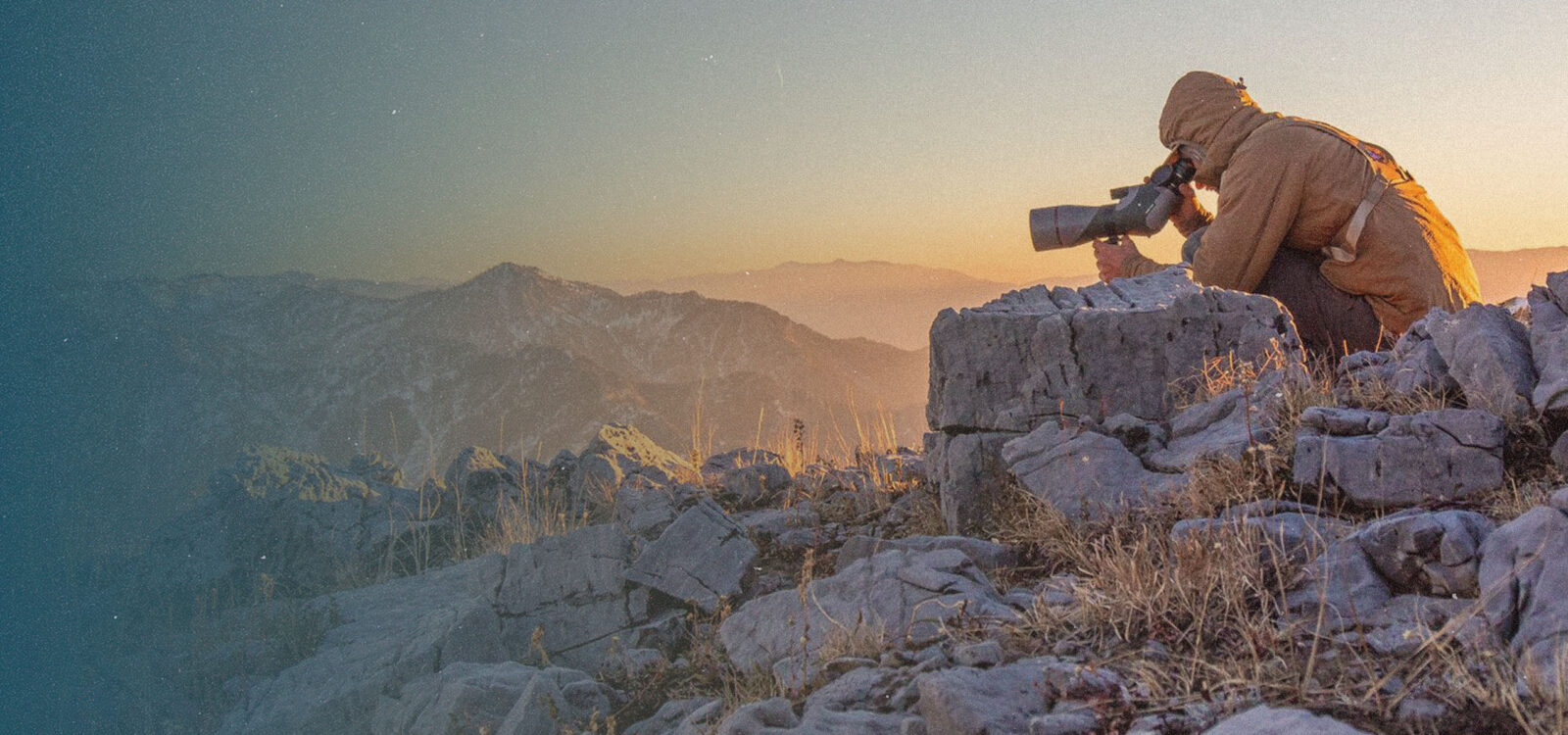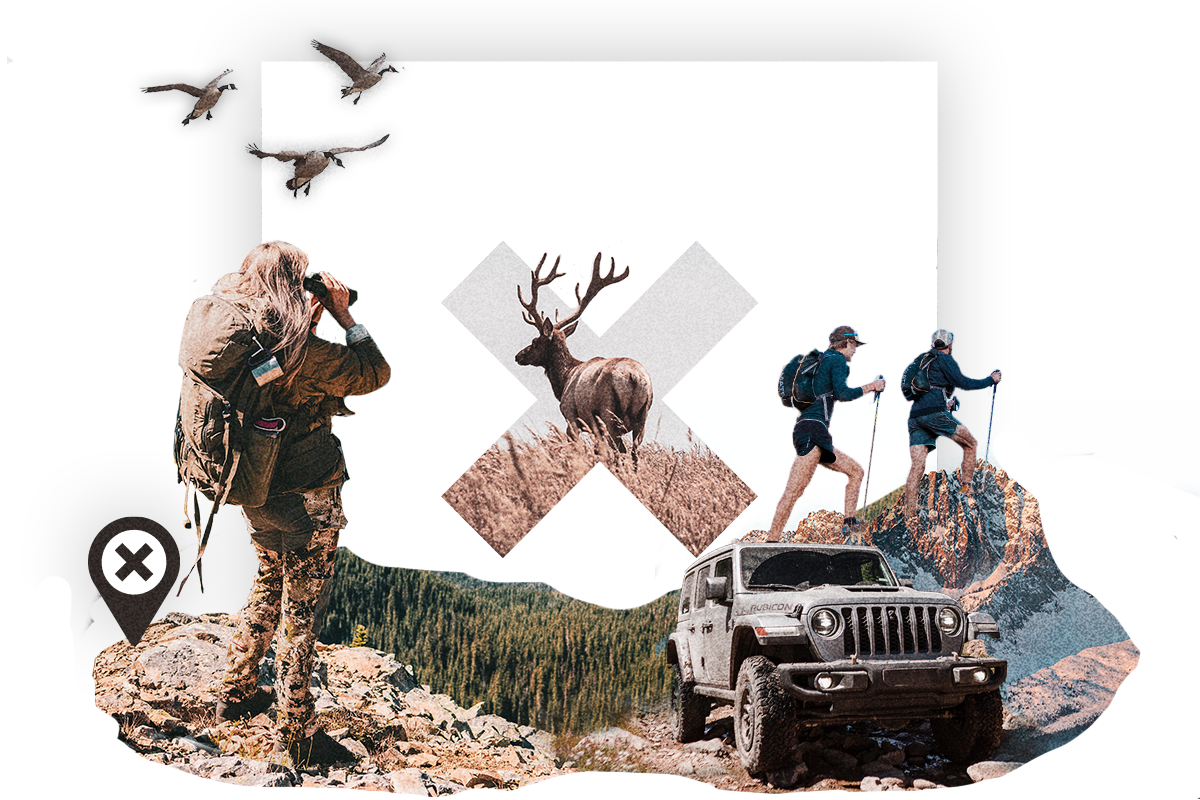

onX Access and Stewardship:
Our Philosophy
At onX, outdoor adventure is part of our DNA. We believe everyone should have access to nature and the recreational opportunities that it provides.
![]()
Access to nature can be threatened by industrial development, land ownership or management changes, suburban sprawl, and abuse. From 2001 to 2017, the United States lost over an acre of natural habitat every 30 seconds. Furthermore, there are millions of acres of public land that we can’t legally access without the permission from a neighboring landowner—they’re landlocked. Our current and future outdoor recreation and hunting opportunities are being fragmented, scaled down, and lost. At the same time, the popularity of outdoor pursuits is on the rise, which necessitates stewardship in order to retain and increase the access we have. Additionally, a long history of discrimination, dispossession, exclusion, and inaccessibility has resulted in marginalized communities not having equitable access to nature.
Yet, these barriers mean that having the best mapping tool is only the first step to finding adventure. All these barriers will require collaboration between nonprofit organizations, for-profit businesses, and every level of government to protect the access that we have, and advocate for more.
![]()

Our Core Beliefs:
- Everyone should have access to nature. The physical and mental health benefits of time spent in nature, including reducing anxiety and blood pressure and increasing mental focus and immune system function, are universal.
- When people feel connected to the land, they are more likely to preserve and protect it. When a place we’ve never been to is threatened, we might not be compelled enough to take action. Yet, when a place we know and love is threatened, we have a stronger desire to give back. Every place needs an advocate.
- Practicing stewardship is our responsibility, and yours. Just as we learn the skills of our sports over time, we also learn the principles of how to recreate responsibly. This is an always-on set of ethics that should be lived by, and passed down to others through mentorship that becomes tradition.
- Publicly accessible land helps equalize access to recreation, and plays a critical role in local economies. Few people have the means to own a large swath of land suited to their outdoor adventures. Publicly accessible land creates outdoor opportunities that most of us rely on. These places–trail systems, parks, campgrounds, private land open to the public, and public access to lakes and rivers–offer connections to nature. They also power the outdoor industry and bolster local economies.
- We believe in outdoor recreation, but not at any cost. All outdoor recreation activities impact habitats and some ecosystems are simply too rare, fragile, or sacred to disturb.
- The management of public land requires a balanced approach that hinges on public input and scientific review. Public lands are asked to do a lot—from providing ecosystem services, like clean drinking water for cities and habitat for wildlife, to supplying energy, minerals, and space for grazing. As outdoor recreationists, we seek adrenaline and rest, food and fresh air, social gatherings and solitude. Many of these uses are at odds with each other. That’s why input from various experts, private landowners, and outdoor enthusiasts is so critical. Collaboration before a decision is more cost-effective and forward-thinking than litigation after a decision.
- A coalition of outdoor enthusiasts is stronger than divided groups. Various outdoor communities don’t always agree on how public lands should be used or managed, yet industrial development and suburban sprawl are larger threats to accessing land and waterways for recreation. Every outdoor community is impacted. Efforts to preserve recreational access will be more effective when outdoor enthusiasts work side-by-side, instead of focusing on our differences and fighting individual battles. By standing up for everyone’s right to access the outdoors, we’ll protect our own right to adventure.
- There are many solutions to improving access to the outdoors, but all solutions need advocates. There are a myriad of threats to accessing recreation opportunities, but just as many solutions. Solutions come in the form of real estate, policy, and legal tools, as well as state programs, coalitions, and the goodwill of property owners who are passionate about keeping traditions alive. Improving and expanding access requires a village of dedicated outdoor recreationists to advocate for implementing all of these solutions, and to be good stewards of the land we have and gain access to.

Our Commitments:
The majority of onX customers rely on access to public land, while others are dependent on public access to private land. To protect that access and the health of the lands we share, we have a duty to educate our audience on the importance of being good stewards of these places and provide opportunities to give back. We aim to inspire ethics that become innate and are passed down.
At onX, we leverage our data, analytical capabilities, platforms, and relationships with land management agencies to illustrate access and stewardship challenges, promote solutions, empower community action, and build support for legislative action. See our Reports and Projects.
Every year, we contribute money, time, and resources to improve and secure access to public land and water, repair trails, clean up public lands, and grow the community of stewards through our Adventure Forever Grants. See our Funding Opportunities.
We build tools to equip hunters, off-roaders, and human-powered adventurers with information to plan ahead, chart their course, and then navigate in the field, because being prepared and being a good steward go hand-in-hand. Learn About our Navigation Tools.
We also recognize that we don’t have all the answers and can’t do this work alone, so we search for those who are leading by example, and elevate their voices. Read The Stories.
We practice what we preach. Our employees volunteer their time to river cleanups, trail maintenance, land trust committees, and fundraising events, in addition to getting out for our annual company stewardship day.


We uphold ourselves, each other, and newcomers to our community to an elevated standard of responsibility for the lands we cherish.
Our access hinges on the way we conduct ourselves. Stewardship is the way we behave in the solitary moments before sunrise, as much as it is the vocal lobbying publicly as loud as we can shout. Whichever ways you choose to give, there’s a place for you here. Join onX along our Access and Stewardship journey–and yours.